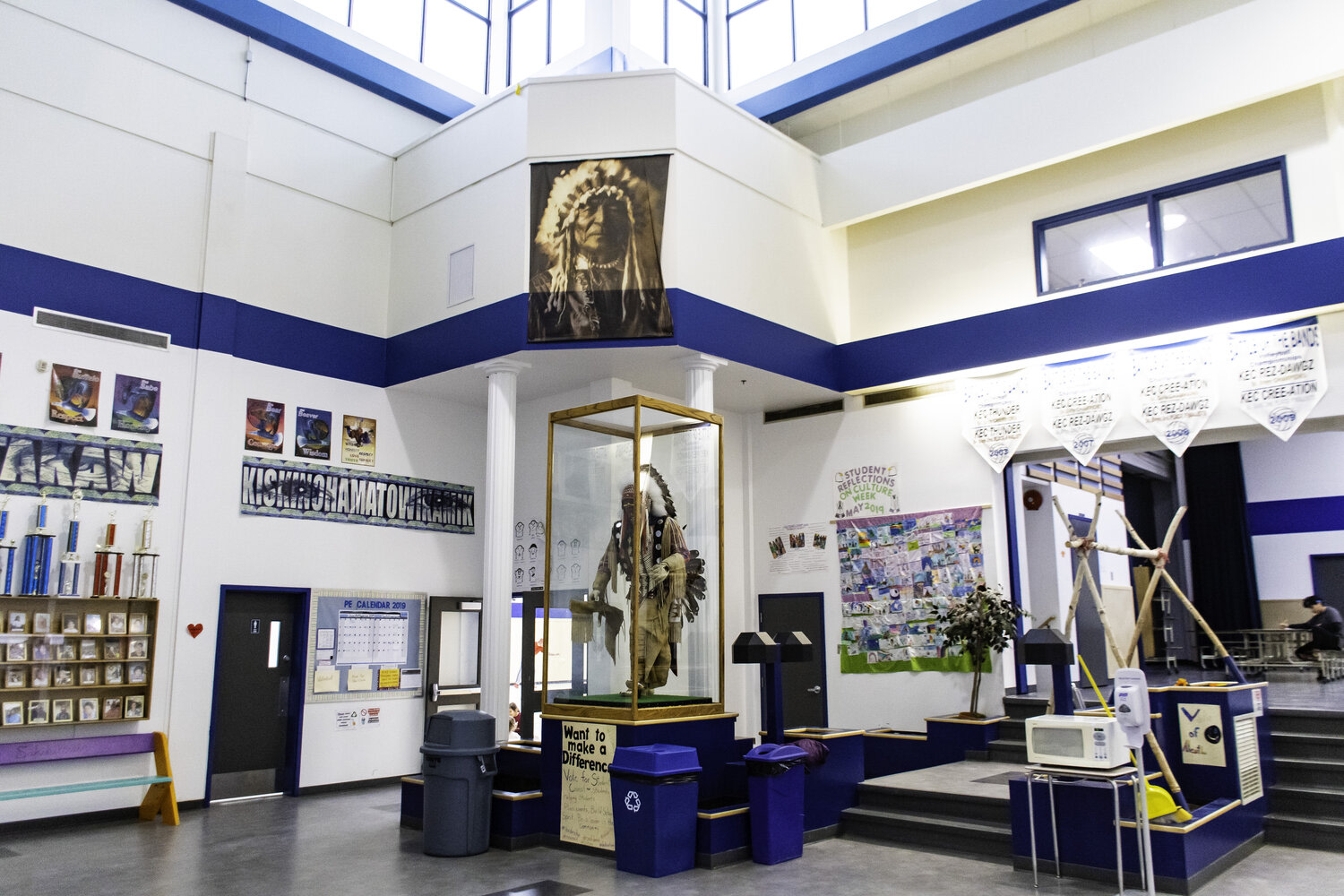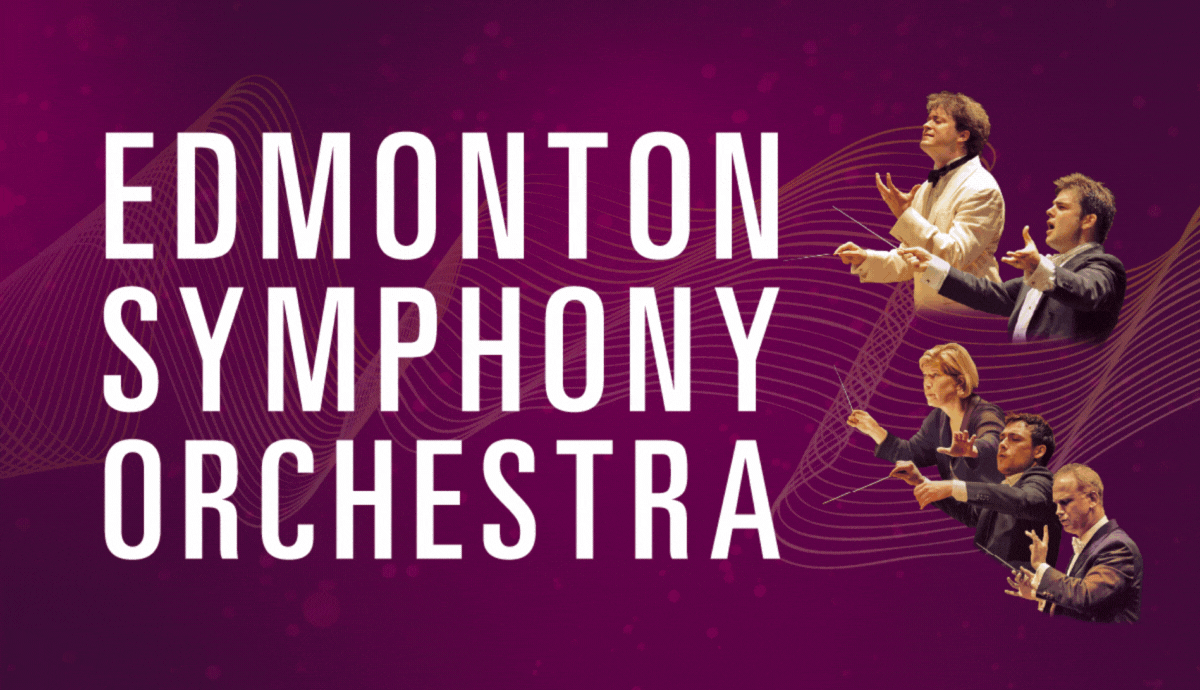Kipohtakâw-YONA in the new reality
November 30, 2020

There’s a better than even money chance that, by the time you’re finished reading this blog post, something significant has changed in response to the global health crisis that we’ve all had to adapt to – and re-adapt to.*
So what has started as an update on the Kipohtakâw-YONA program at Alexander First Nation may or may not still be relevant by the time it’s done, but that’s simply indicative of the kind of on-the-fly responses everyone is having to make. For instance, the current situation at Alexander First Nation is a lockdown, brought on by some confirmed cases of COVID-19 there.
As per the provincial government’s guidelines on school closures, “the lockdown is scheduled to go until mid-January,” says Lauren Dykstra, Kipohtakâw-YONA Site Coordinator. After finishing the last school year with the Kipohtakâw Education Centre (KEC) closed, Ms. Lauren says that she and the rest of the YONA team knew that the start of the present school year was pretty uncertain.
Even still, the hope was that, while it was known that some students had opted for home schooling for the entire year, that the rest of the KEC students participating in Kipohtakâw-YONA would be able to access the school long enough to bring their instruments home.
“We knew that there was a chance we’d have to pivot, and move online pretty quickly, so we all have plans in our back pockets for instances when that’s the case,” Ms. Lauren says. “So with Kipohtakâw, we’re just waiting on support from the community to be able to get instruments home to the students for when they decide that it’s safe to do so. We’re trying to just be responsive to what the community is saying they feel safe with, and what they need and want right now, and trying to do as much as we can within that.”
Before the latest lockdown, Ms. Lauren says that they had managed to squeeze in six to eight visits out to Alexander First Nation, and that the students were happy to have YONA back in their lives. “There are three students that had elected online learning all year,” she explains, “so they’re getting an hour of online instruction twice a week on one of our usual days, Tuesday, but it’s after school, so it doesn’t interfere with their online school. So they come from three until four, online for those three students.” The other regular YONA day, Friday, is one for which KEC is encouraging their students to get away from video screens, and spend time outdoors with family.
All the Kipohtakâw -YONA musicians have also been invited to participate in the online YONA choir that the YONA-Sistema students in Edmonton can join as well. “We’ve had one student who joined (from Kipohtakâw). I don’t know if more will come this week – hopefully – but it’s an option that’s available to them all online,” Ms. Lauren says. “We’re encouraging them to come if they want to.”
None of this can supplant the in-person sense of connection and community the students feel from the in-person Kipohtakâw-YONA experience, Lauren admits, but even what they’ve managed to do so far feels like it’s helping. “A lot of the students are saying that the YONA classes are one of their favourite parts of their school and their day, and that they really look forward to it. And especially I think for some of the online students, they’re really finding it a way to stay connected with their friends and to play together.”
*We were right. This article was updated before it was published.
Post & photos by D.T. Baker


